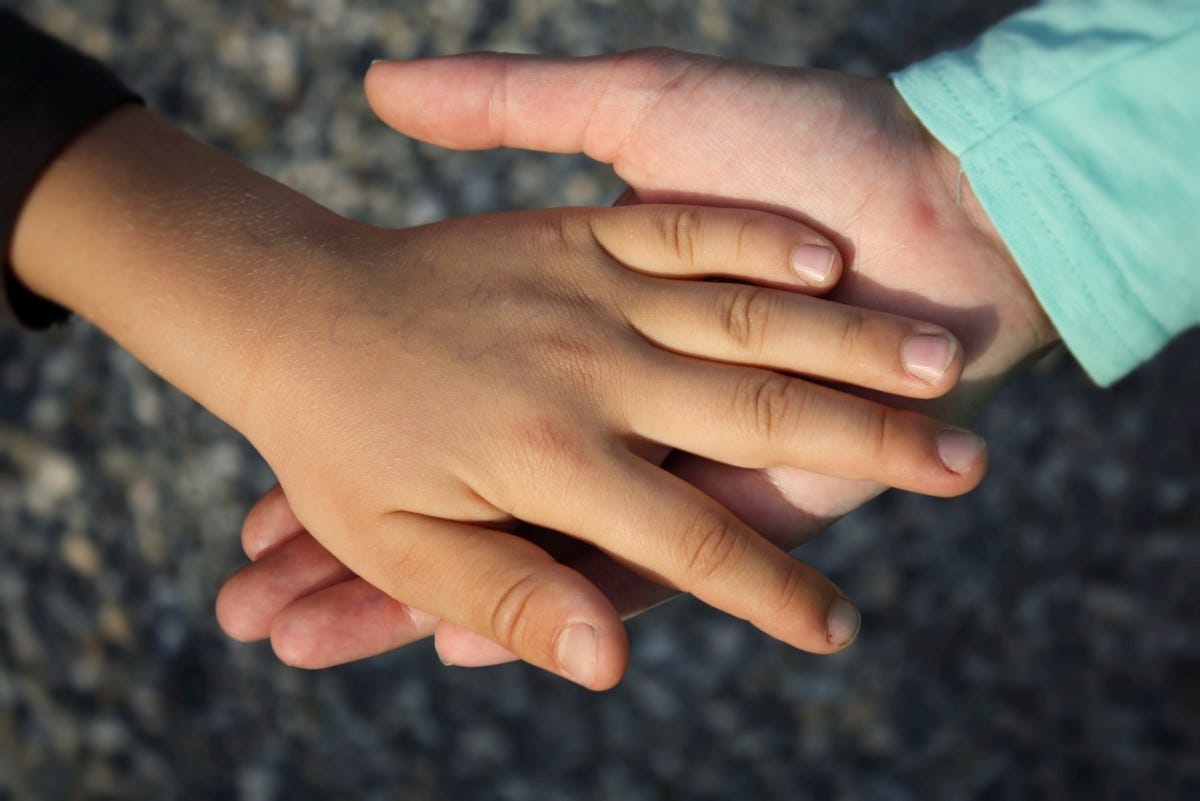Coping with Loss: A Guide for Children and Teenagers
Loss can look very different—but you can get through it
Experiencing loss at a young age is an incredibly challenging ordeal. Whether it’s the loss of a loved one, a cherished pet, or even the upheaval of moving away from a familiar place, these experiences can feel overwhelmingly difficult. It’s crucial to understand that grief is a natural and inevitable part of life. Although it may seem daunting now, there are ways to navigate through the emotional storm. This guide is designed to offer support and practical advice to help you cope with loss, understand your feelings, and find healthy ways to move forward. Remember, it's okay to seek help and talk about what you're going through; you're not alone in this journey. Here are a few things you can do to start to get to grips with whatever has happened:
Understanding Grief: Grief is a natural response to loss. It's important to know that there is no right or wrong way to grieve, and everyone experiences it differently. You might feel a range of emotions such as sadness, anger, confusion, or even guilt. These feelings are all normal.
Allow Yourself to Feel: It’s okay to cry. It’s okay to laugh. It’s okay to feel nothing at all. Allow yourself to experience your emotions without judgement. Bottling up your feelings can make it harder to heal in the long run. How you feel might change a lot, or it might be confusing, but don’t worry about trying to make sense of all of it now.
Talk About It: Talking about your feelings can be incredibly healing. Whether it’s with a family member, a friend, a teacher, or a counsellor, sharing what you’re going through can help you feel less alone. If you find it hard to talk about, writing your thoughts and feelings in a journal can also be a helpful way to express yourself.
Remember and Celebrate: Finding ways to remember and celebrate the person or thing you’ve lost can be comforting. You might create a scrapbook, write a letter, or set up a small memorial. Doing something to honour the memory can provide a sense of closure and keep the positive memories alive.
Keep a Routine: When everything feels like it’s turned upside down, maintaining a routine can provide a sense of stability and normality. Keep going to school, participating in your usual activities, and taking care of your physical health by eating well, getting enough sleep, and exercising.
Find Comfort in Activities: Engaging in activities you enjoy can provide a much-needed break from the intensity of grief. Whether it’s playing a sport, drawing, reading, or playing a musical instrument, doing something you love can help lift your spirits and provide an outlet for your emotions.
Reach Out for Support: Remember that it’s okay to ask for help. Sometimes talking to a professional, like a counsellor or therapist, can make a big difference. They can provide tools and strategies to cope with your feelings and guide you through the healing process.
Be Patient with Yourself: Healing from a loss takes time. There will be good days and bad days, and that’s perfectly normal. Be kind to yourself and understand that grief is a journey, not a destination.
Join a Support Group: Connecting with others who are going through a similar experience can be incredibly comforting. Support groups, whether in person or online, provide a safe space to share your feelings and gain insights from others who understand what you’re going through.
Most of all: Remember that you are not alone
It’s important to remember that you are not alone in your grief. Many people have experienced loss and come through the other side. Reach out, talk about your feelings, and take care of yourself. Over time, the pain will lessen, and you’ll find new ways to move forward while keeping the memory of your loss close to your heart.
Coping with loss is one of the hardest things we face, but with support, time, and self-care, it’s possible to heal and find happiness again.
Can you help me?
Absolutely! I have experience of working with clients who have experienced loss, whether that is a loved one, human or animal, or moving away from your childhood home. Change is hard and so is imagining your new life without this person or this place and that is okay. I can help you. Maybe you are a parent looking for advice and support on helping your child navigate this difficult time.
Please get in touch:
Final thoughts
Coaches and counsellors can help children and teenagers make sense of huge events like bereavement. There are many modalities available for bereavement support, as discussed above, and within receiving therapeutic or coaching support, there are many approaches from integrative and humanistic approaches, to arts-based approaches. There is a lot out there, if you look.
Did you like this post? Think you have a friend who might want to read it?
Make sure you don’t miss any of my other posts:



